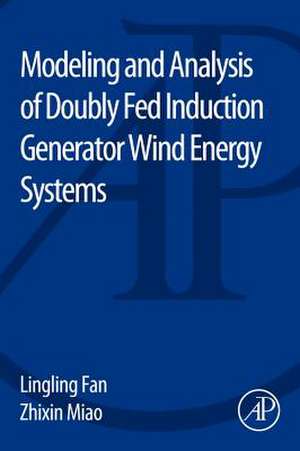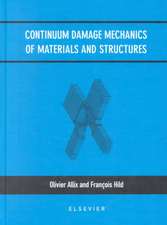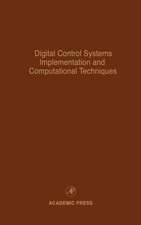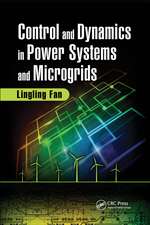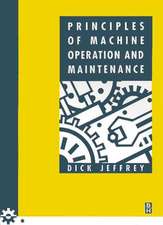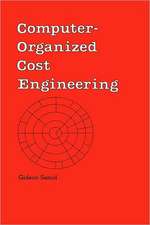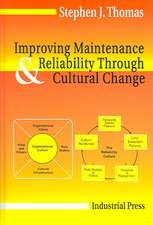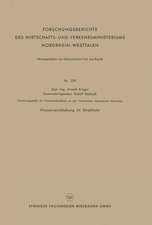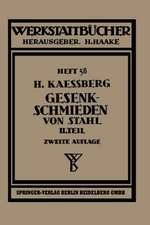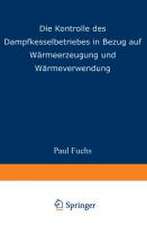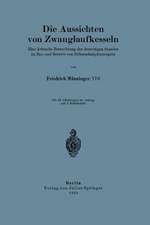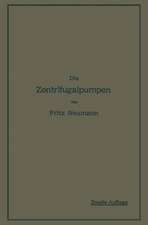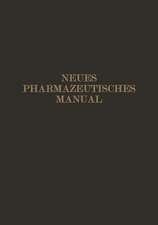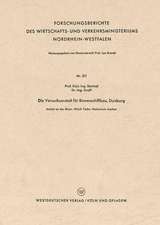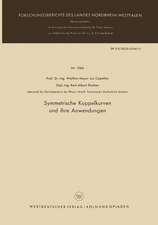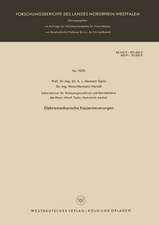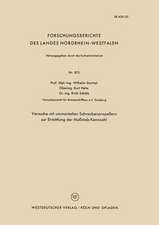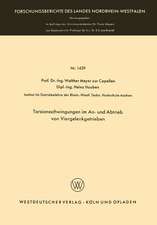Modeling and Analysis of Doubly Fed Induction Generator Wind Energy Systems
Autor Lingling Fan, Zhixin Miaoen Limba Engleză Paperback – 21 apr 2015
For those working in the field of wind energy integration examining the potential risk of stability is key, this edition looks at how wind energy is modelled, what kind of control systems are adopted, how it interacts with the grid, as well as suitable study approaches.
Not only giving principles behind the dynamics of wind energy grid integration system, but also examining different strategies for analysis, such as frequency-domain-based and state-space-based approaches.
- Focuses on real and reactive power control
- Supported by PSCAD and Matlab/Simulink examples
- Considers the difference in control objectives between ac drive systems and grid integration systems
Preț: 223.99 lei
Preț vechi: 271.53 lei
-18% Nou
Puncte Express: 336
Preț estimativ în valută:
42.86€ • 45.83$ • 35.74£
42.86€ • 45.83$ • 35.74£
Carte tipărită la comandă
Livrare economică 11-25 aprilie
Preluare comenzi: 021 569.72.76
Specificații
ISBN-13: 9780128029695
ISBN-10: 0128029692
Pagini: 154
Dimensiuni: 152 x 229 x 8 mm
Greutate: 0.21 kg
Editura: ELSEVIER SCIENCE
ISBN-10: 0128029692
Pagini: 154
Dimensiuni: 152 x 229 x 8 mm
Greutate: 0.21 kg
Editura: ELSEVIER SCIENCE
Public țintă
researchers, academics, policy makers, and technical community involved in the development and implementation of sustainable energy systems and the related engineering disciplines.Cuprins
1. Introduction of Wind Energy Integration Issues2. AC machine modeling3. Modeling of Doubly Fed Induction Generation (DFIG) converter control4. Unbalanced DFIG Analysis5. State-space based DFIG Wind Energy System Modeling6. Frequency-domain based DFIG Wind Energy Systems Modeling7. Multi-machine modeling and inter-area oscillation damping
